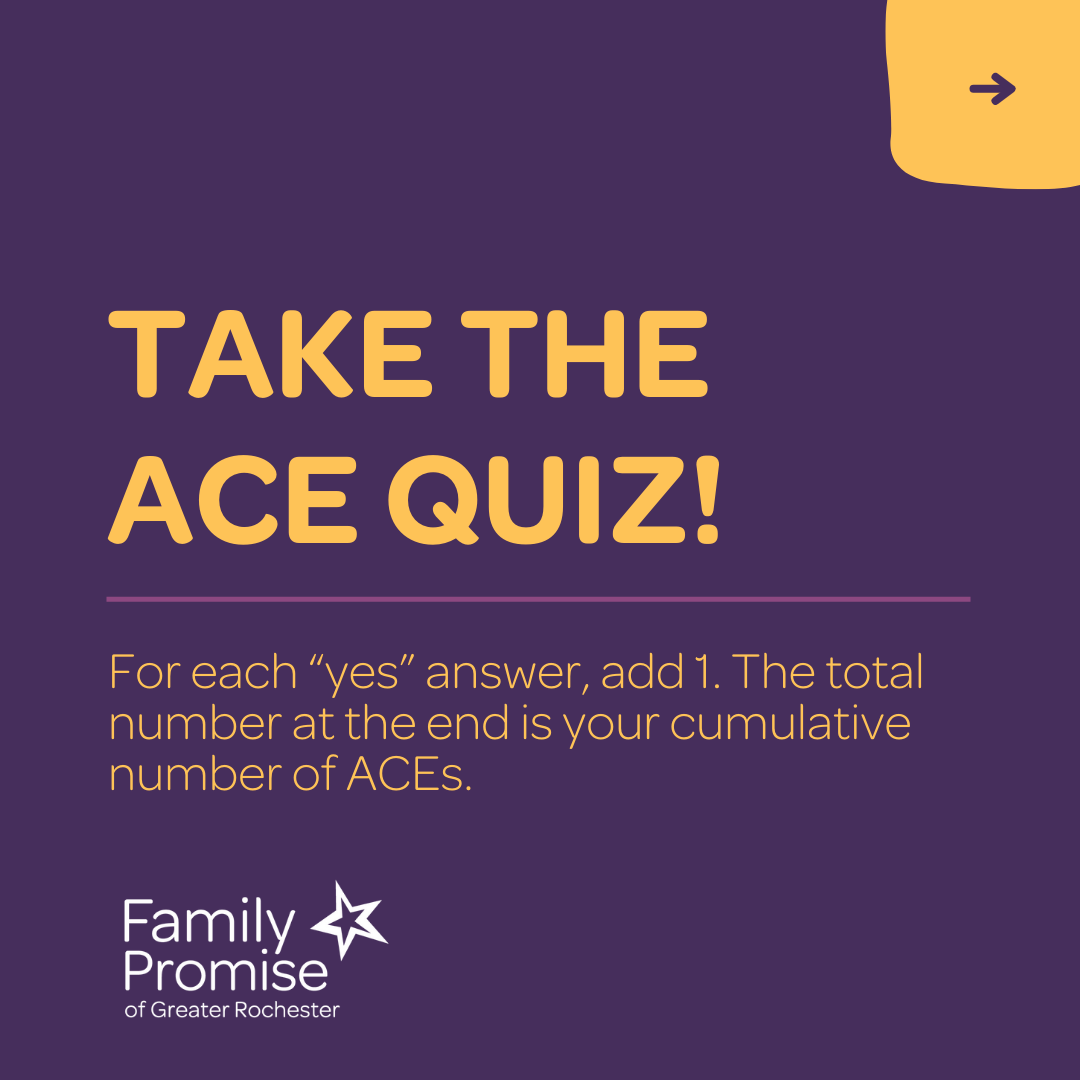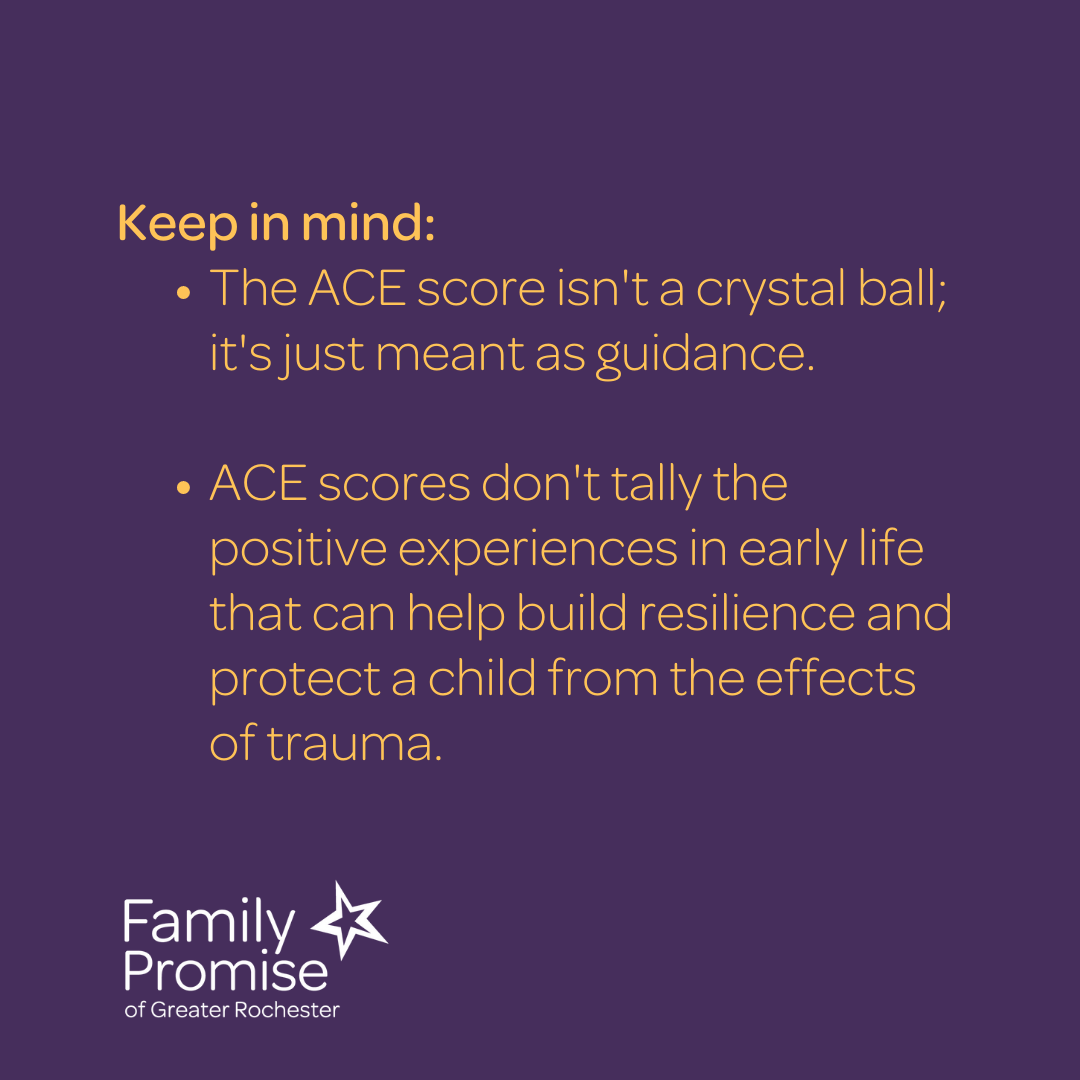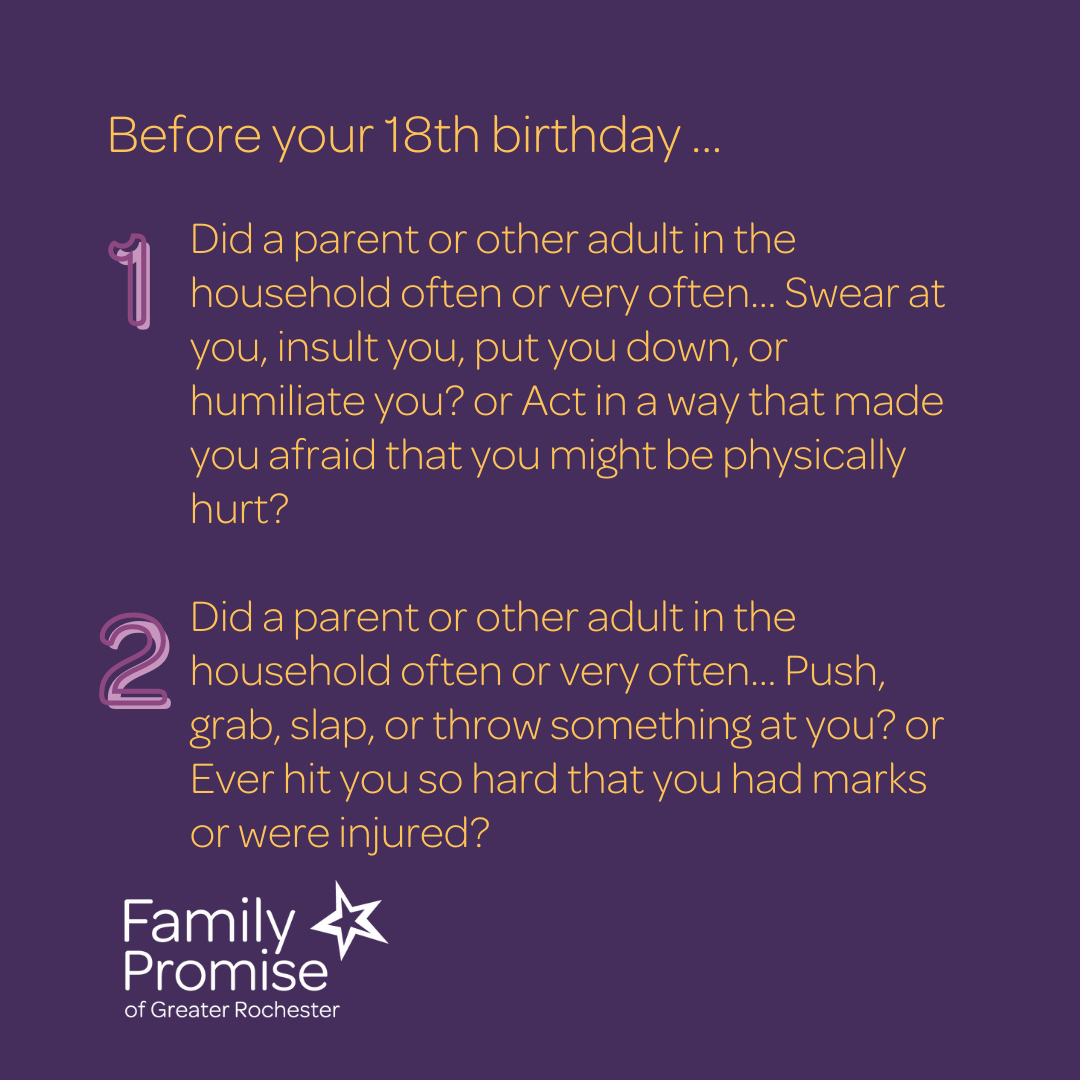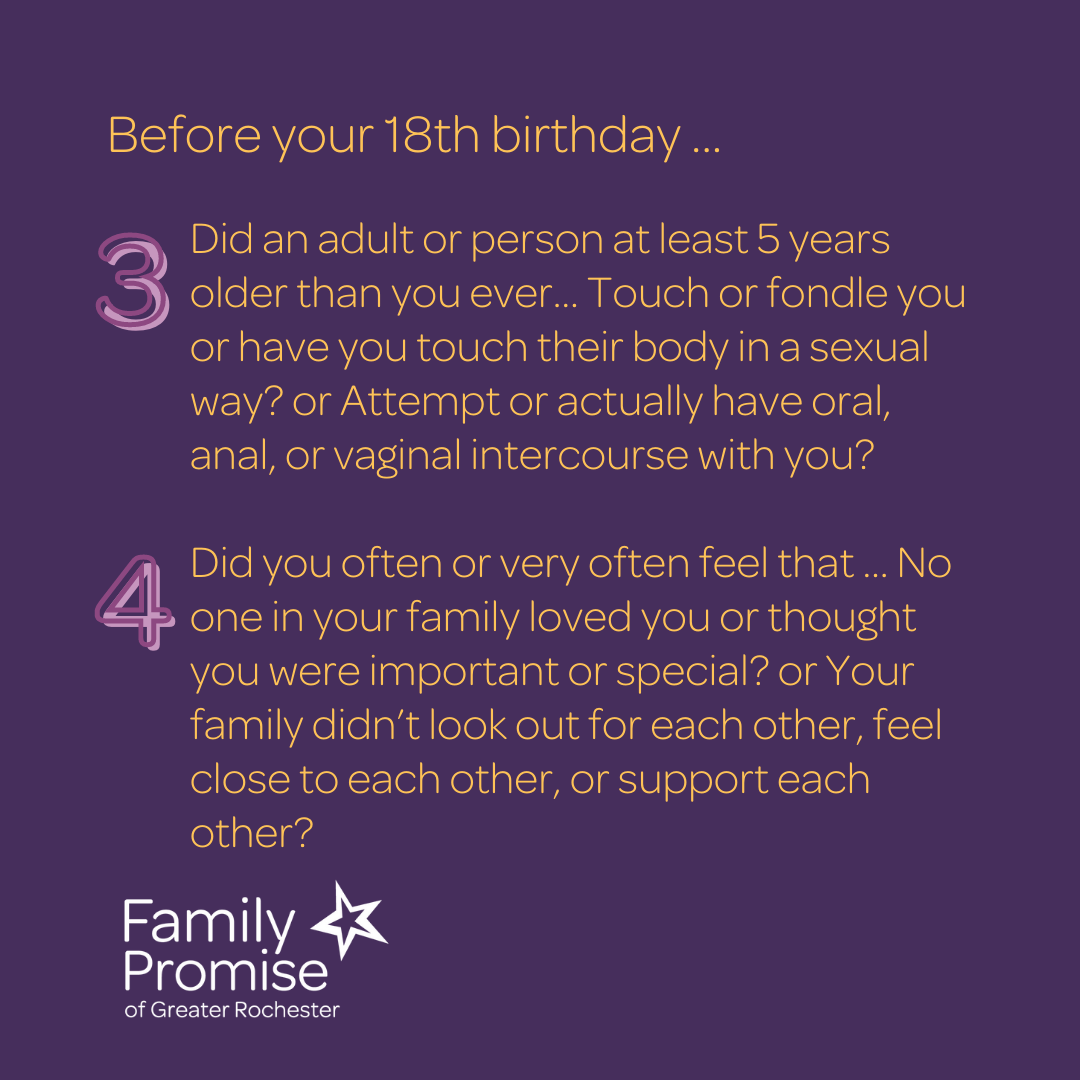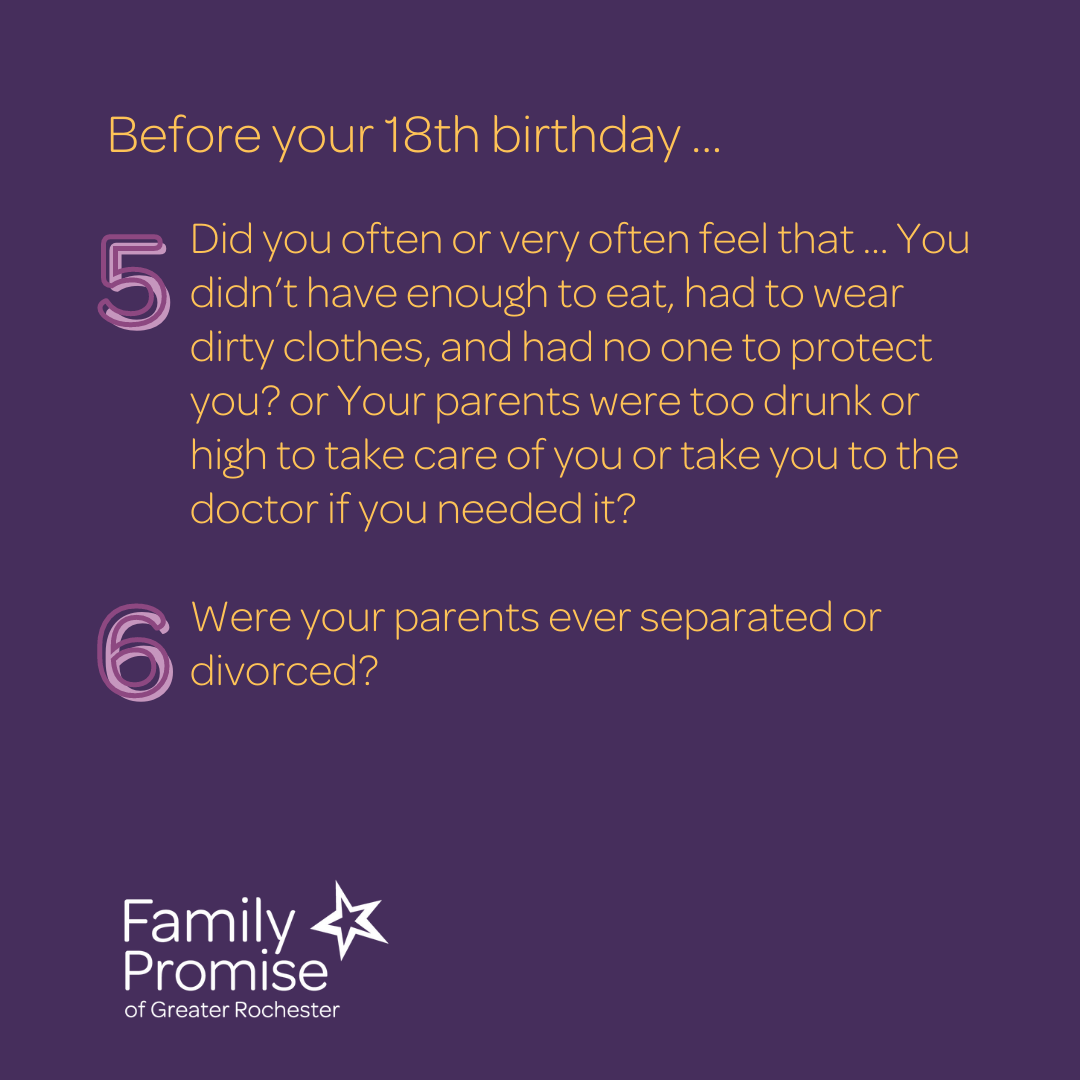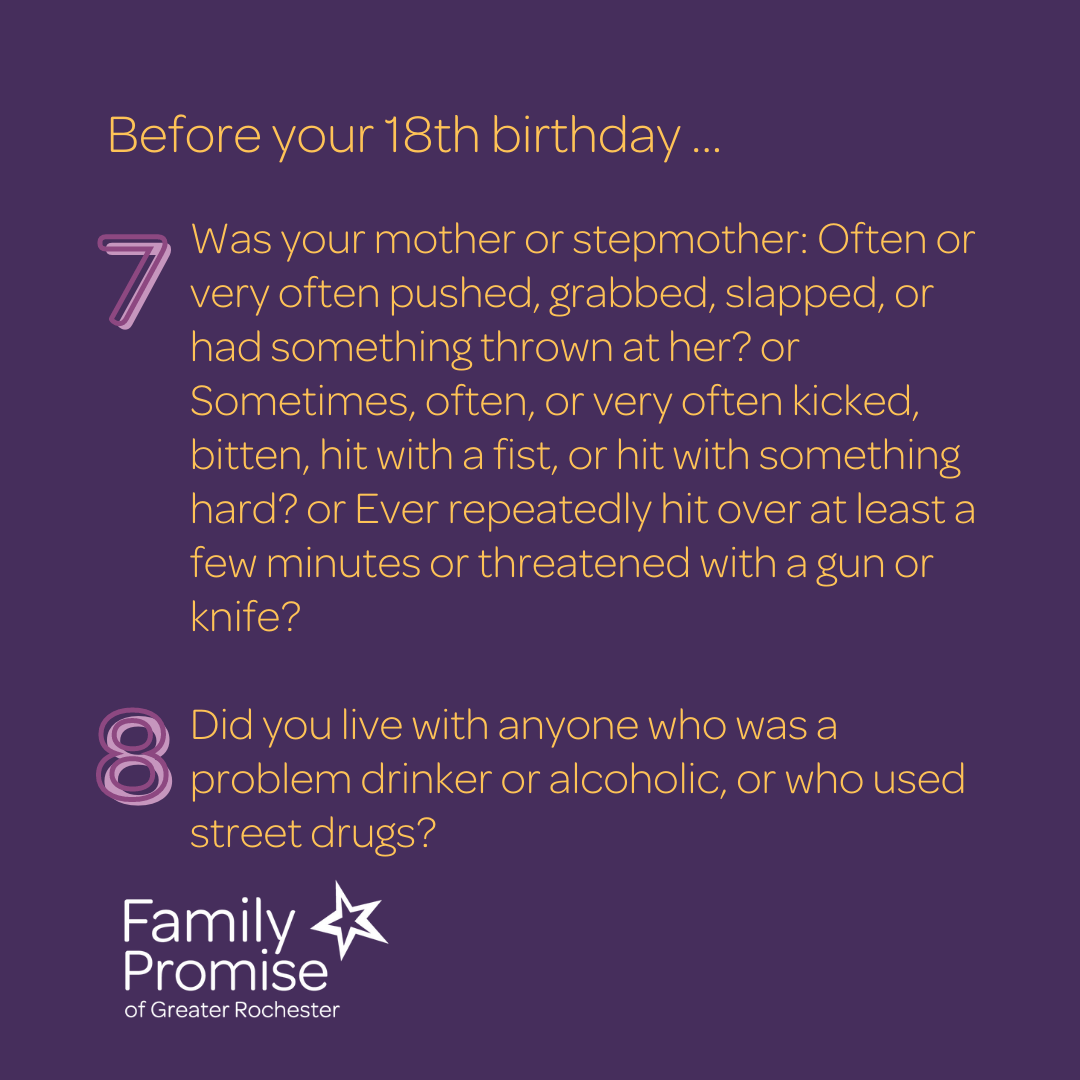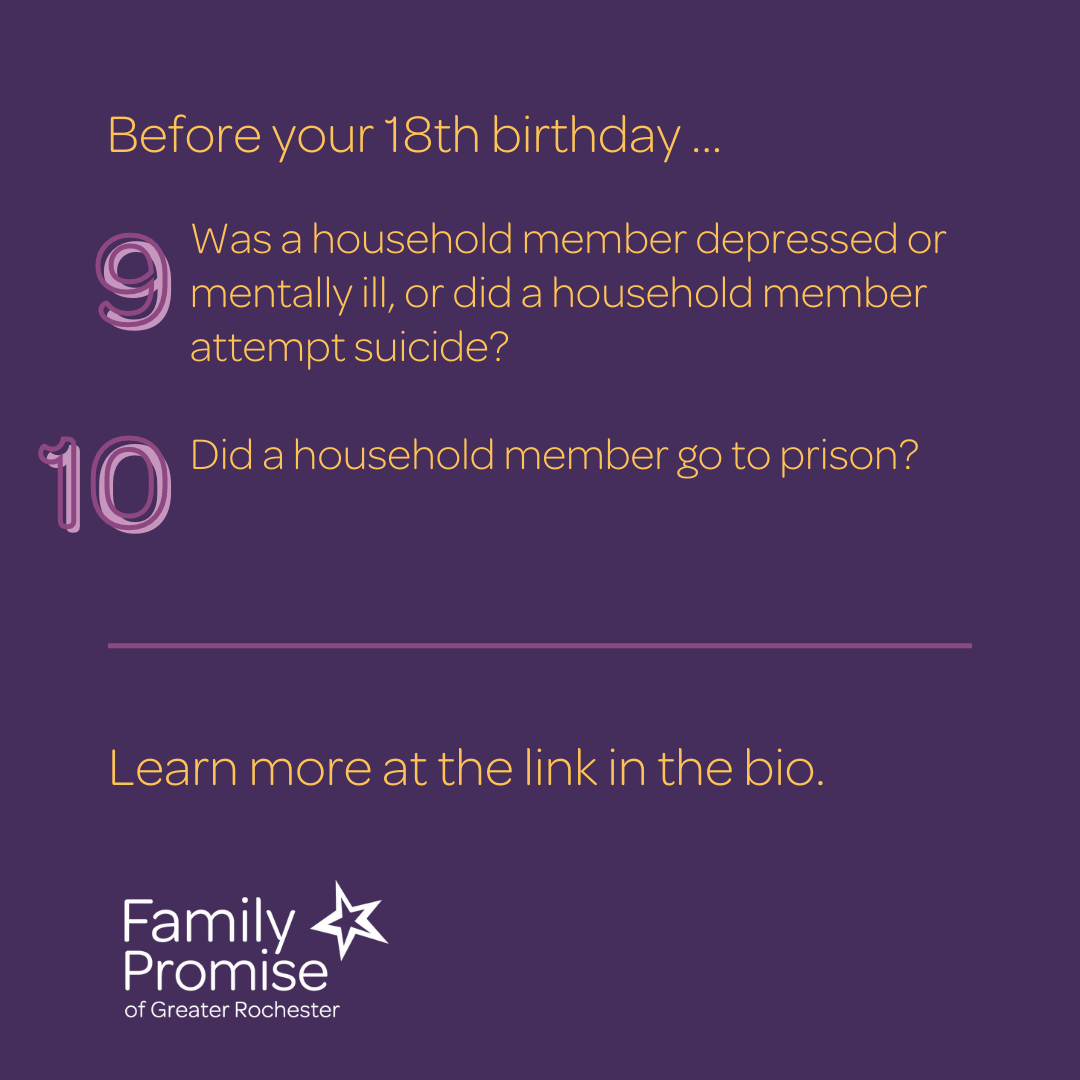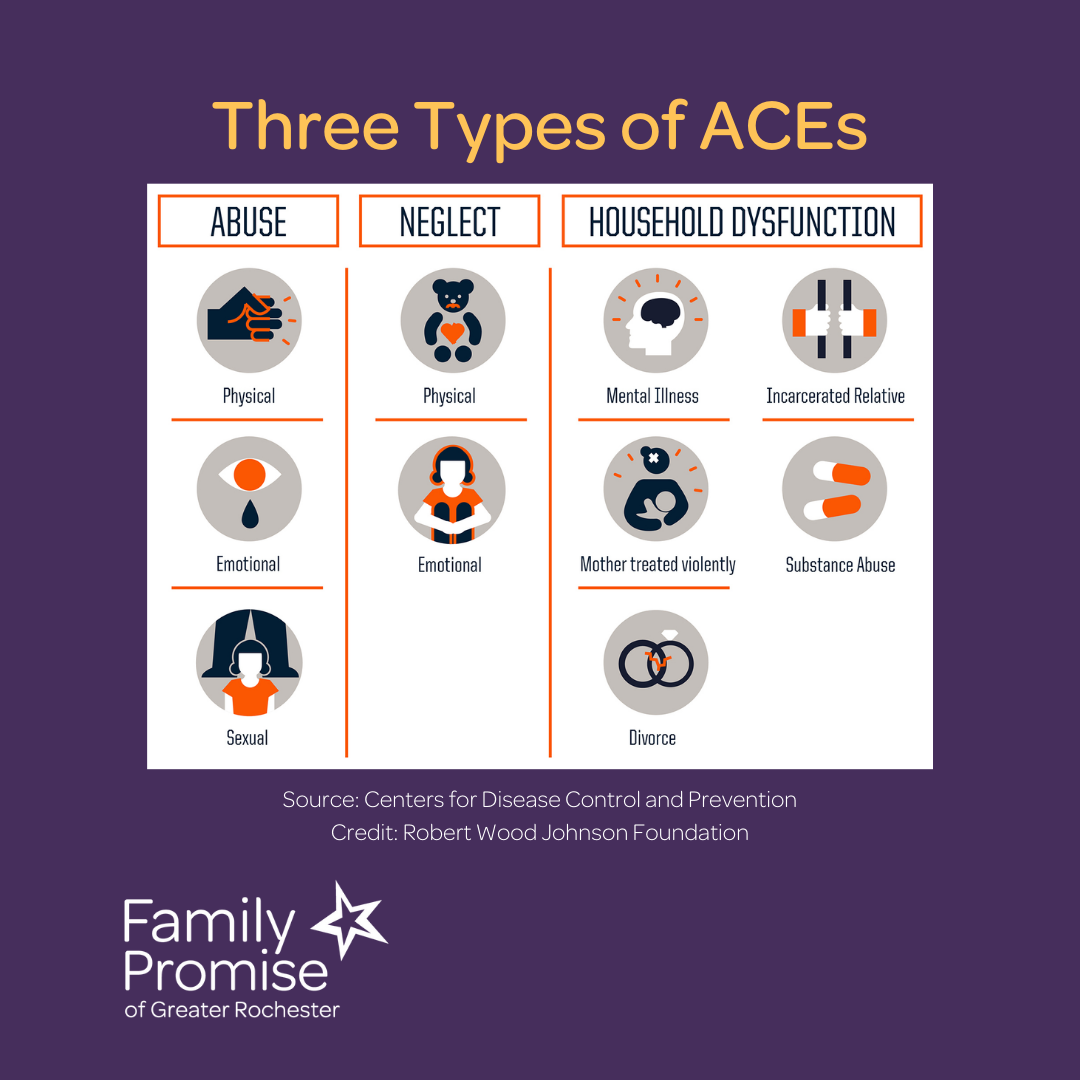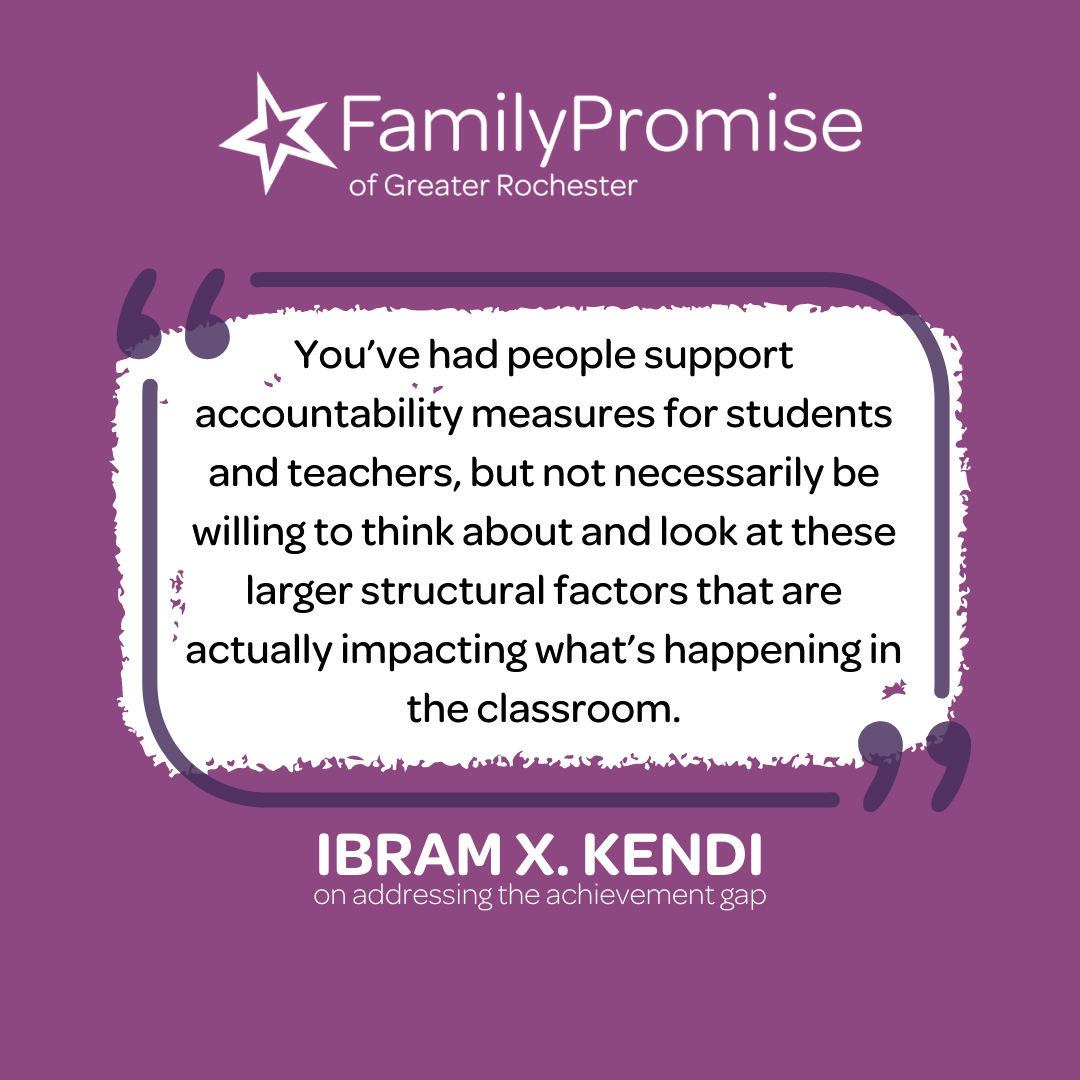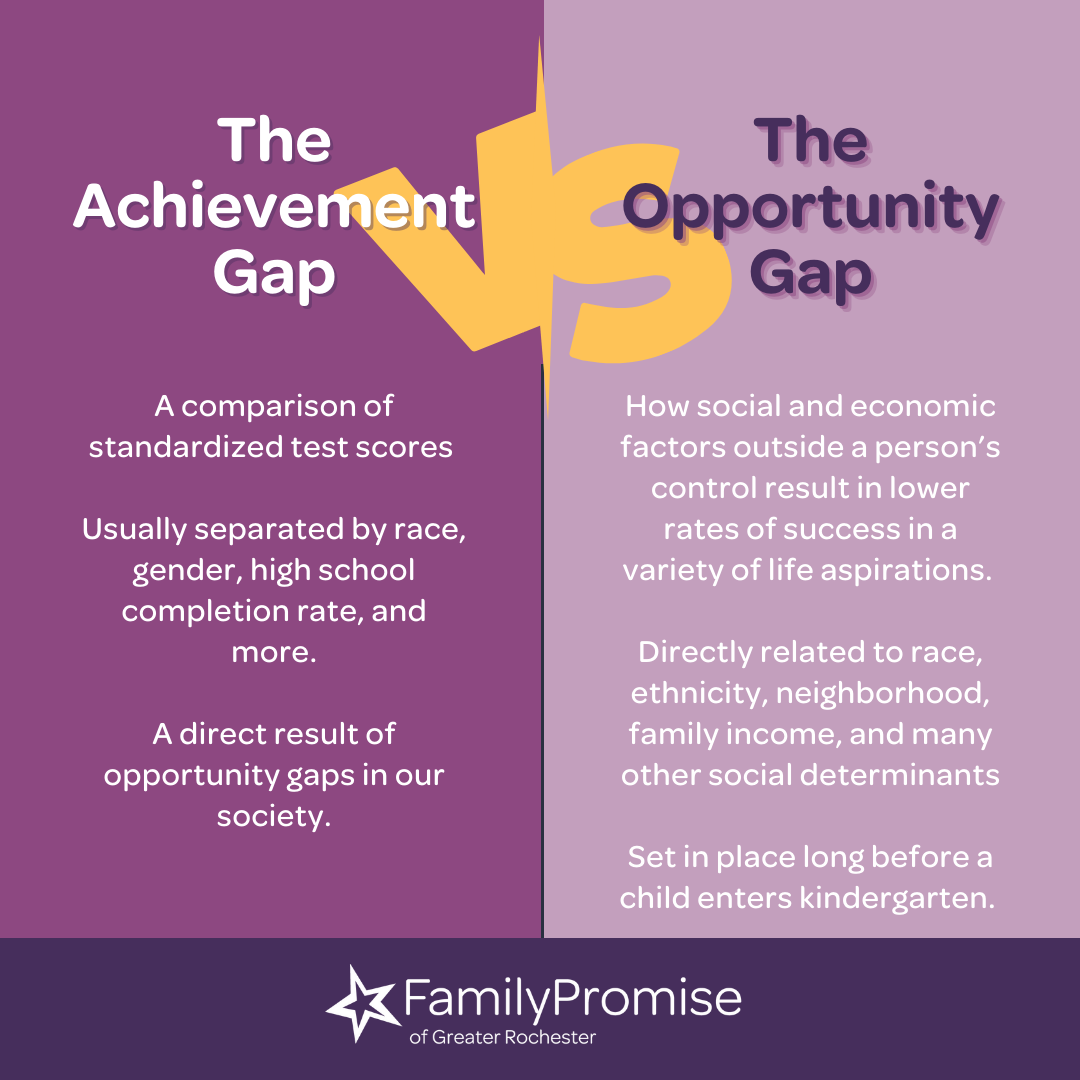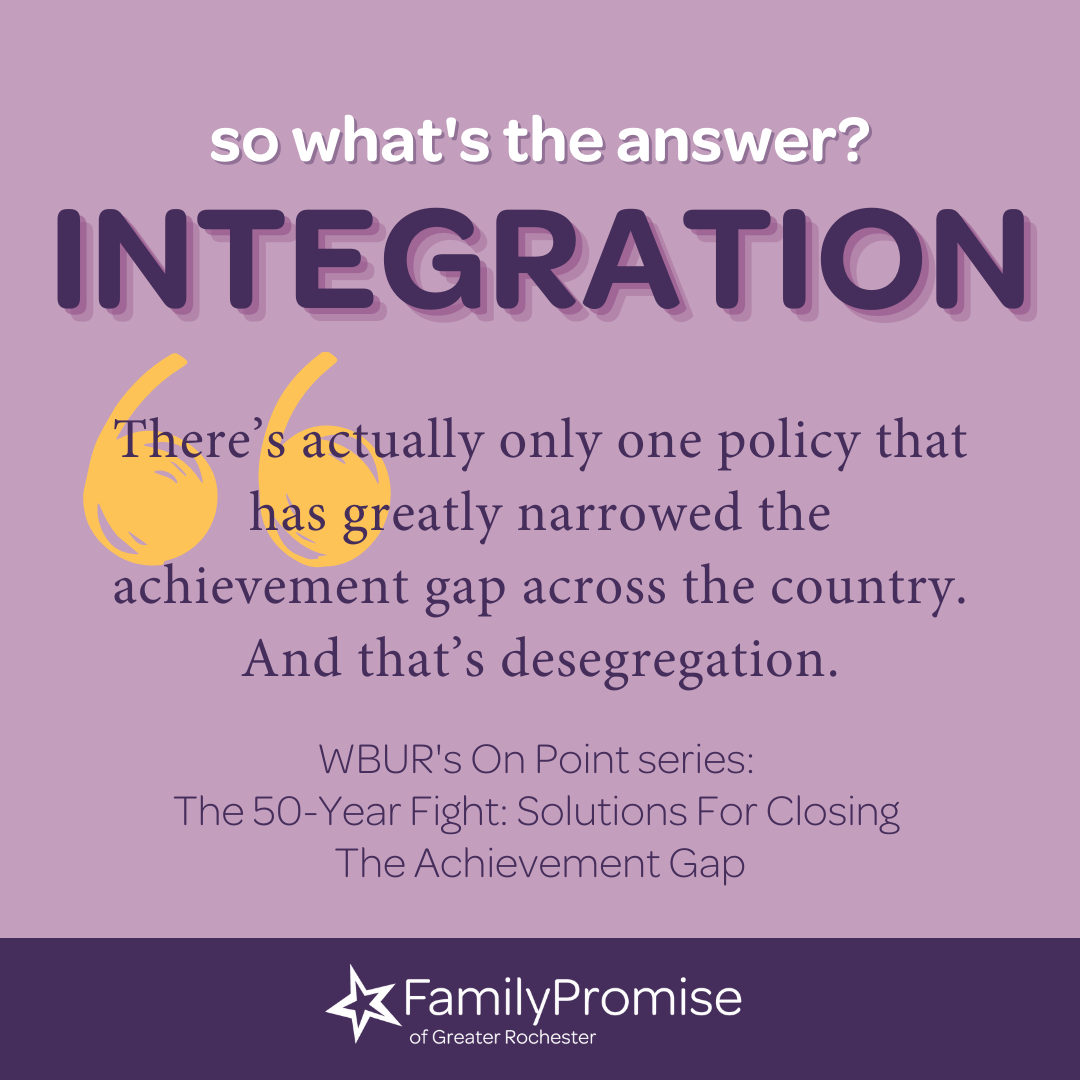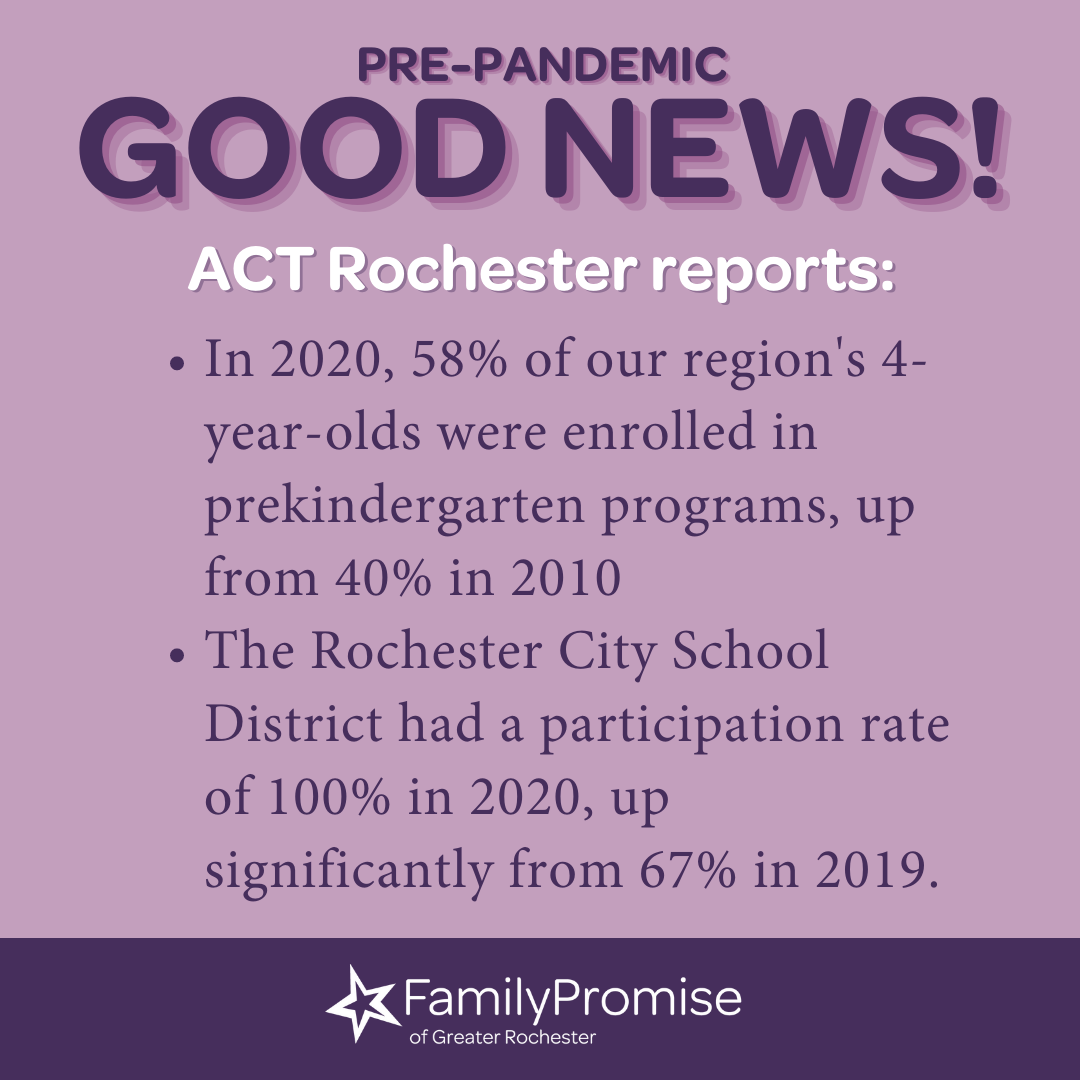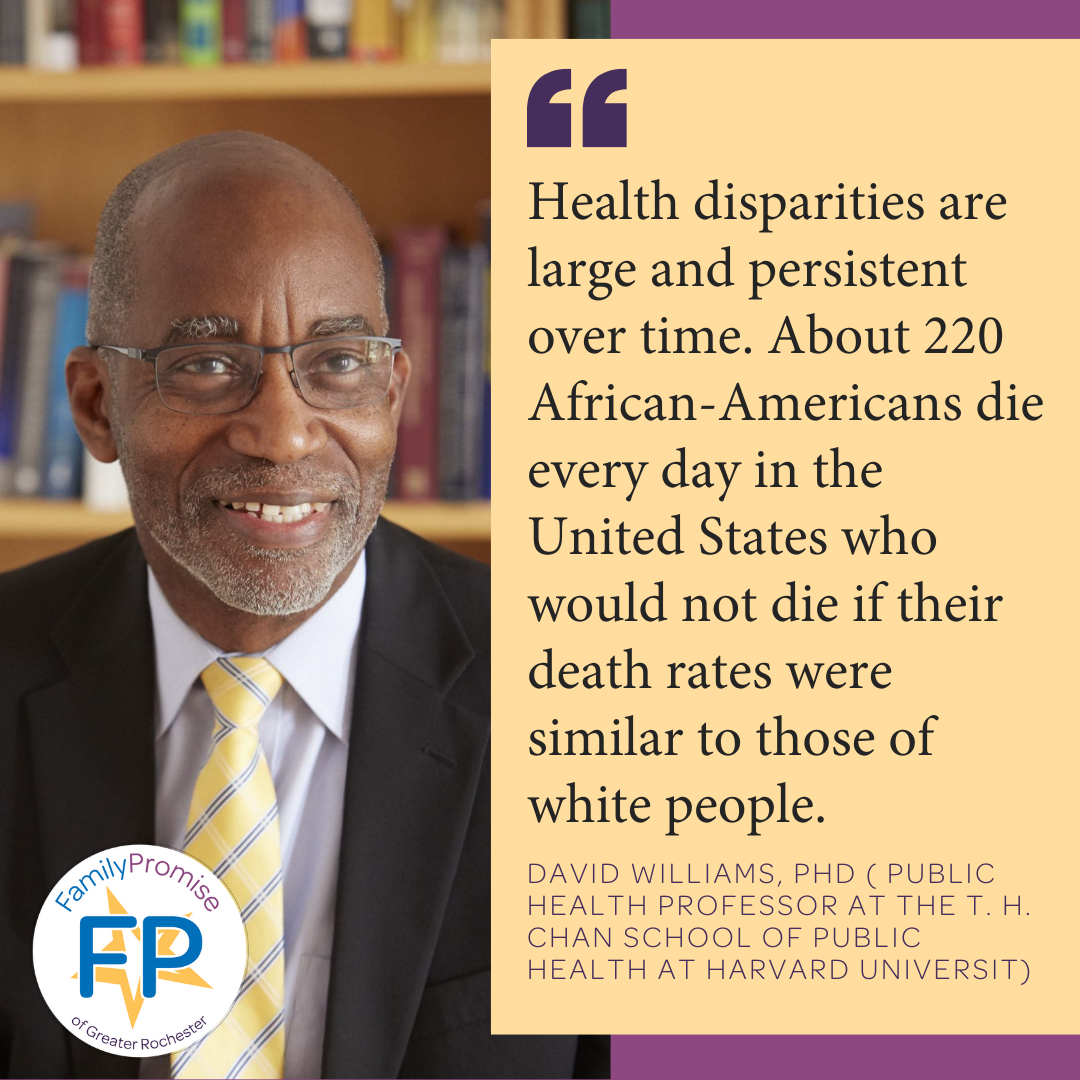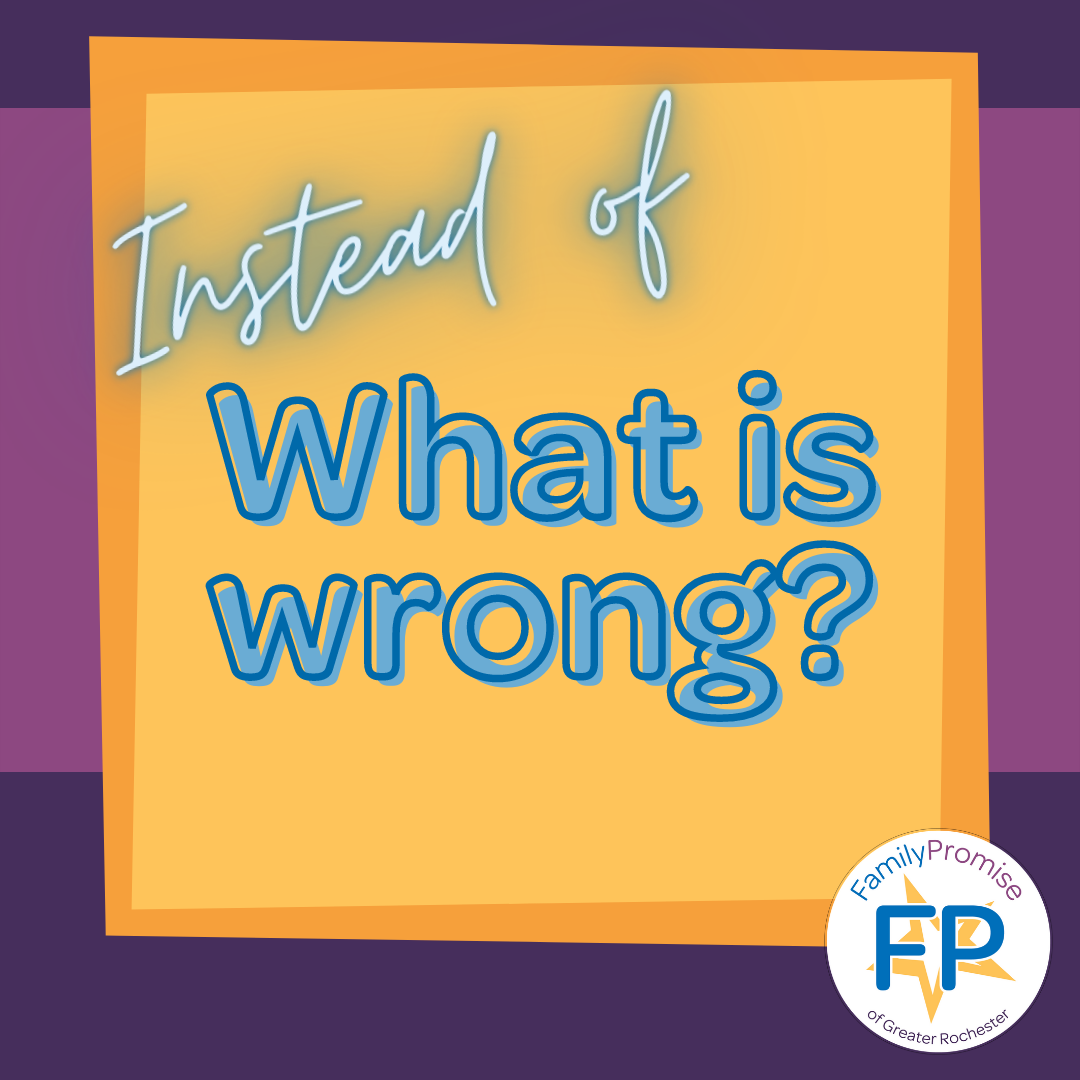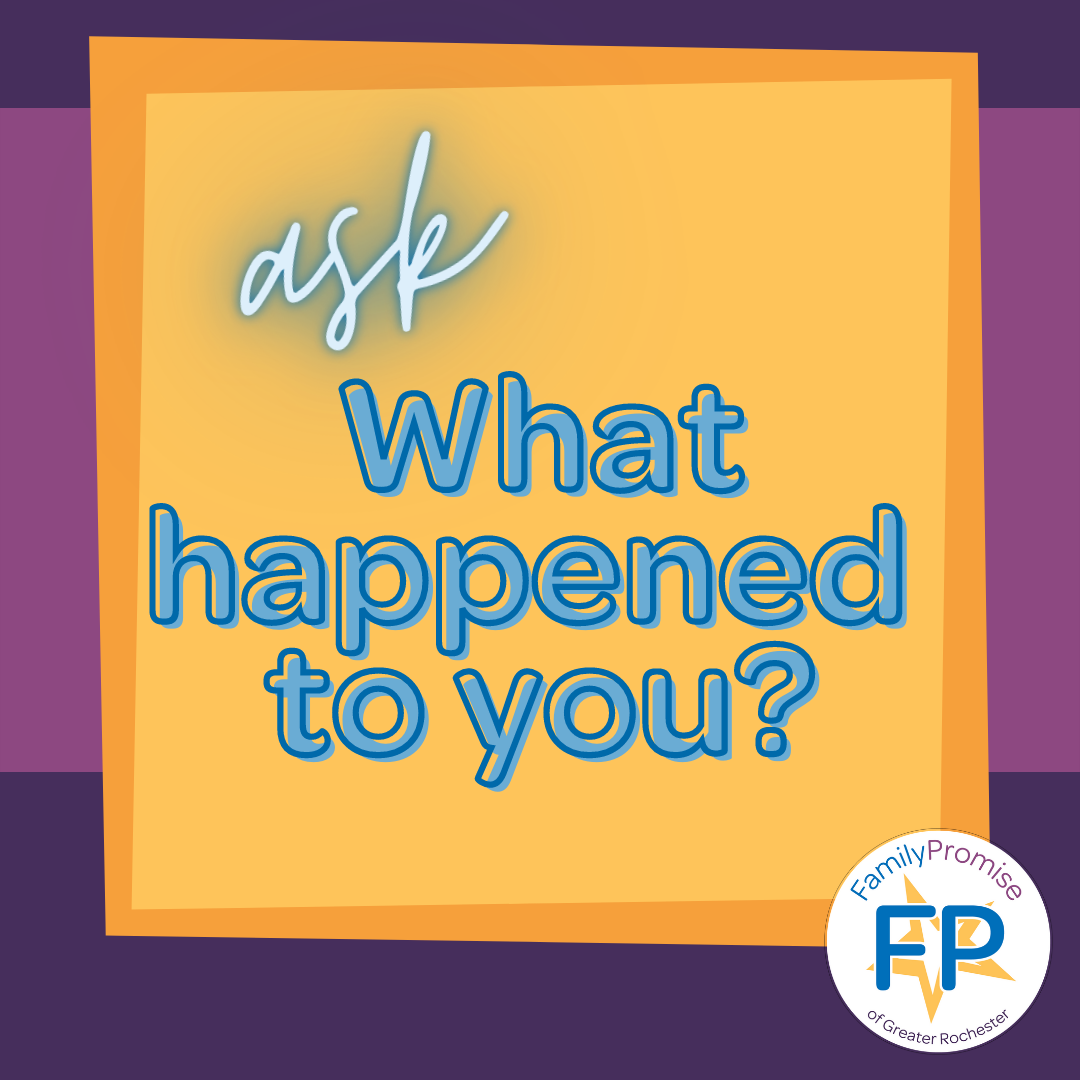The following is excerpted, in part, from a letter from Empire Justice Center’s Jessica Radbord (she/her).
Cash assistance for families, called TANF (temporary assistance for needy families - learn more), in New York State consists of a shelter allowance and a non-shelter allowance. Once every five years, we have the chance to tell the Office of Temporary and Disability Assistance (OTDA) if we think the shelter allowance portion should be changed through the administrative rule review process – and that time is now! We can raise our voices to ask for the shelter allowance to be changed to reflect the cost of housing.
The cash assistance shelter allowance in every county in New York State is so low that unless a household is lucky enough to get into subsidized housing or get a Section 8 voucher, there are zero apartments in safe and habitable condition that a household on cash assistance can afford. Not only is the shelter allowance a fraction of HUD’s fair market rent – there are no decent apartments priced at or below this amount.
OTDA sets the shelter allowance in a rule. By law, that rule must have a “reasoned justification.” It can’t be “irrational and arbitrary.” OTDA last changed the shelter allowance in 2003. Every five years, OTDA is required by law to review that rule to see if it should stay the same, or if the rule should be modified. OTDA is required to give the public the opportunity to comment on the rule. And OTDA must consider the public comments it receives when it reviews the rule. In the past, almost no one has ever commented on the shelter allowance rule when it came up for review.
The good news is that OTDA is reviewing the shelter allowance rule now and we can comment on it! Until April 28, 2023, anyone can submit a comment to OTDA to tell them what they think OTDA should do with the shelter allowance rule. OTDA is required to review our comments and give them consideration.
According to this updated chart, Monroe County’s shelter allowance portion for 3 people (with children) is $343. which is $843 below the Fair Market value of $1,186. This is not equitable or affordable.
The letter at the link above was sent by FPGROC’s Executive Director, Kim Hunt-Uzelac, and can be used as a template. DOWNLOAD, then EDIT the letter with your information. Print and mail or email the OTDA and make your voice heard!
Questions about the shelter allowance or the letter? Email Kim!
If writing your own letter, it is important to tell OTDA that the shelter allowances don’t make sense and why – specifically, that it’s impossible to find housing for so little money. For families, it is helpful to mention how the low shelter allowance makes it difficult to care for children in a stable and safe home environment. And it’s helpful to mention how the low shelter allowance makes it harder for people to get back on their feet financially – because of homelessness, frequent moves, evictions, poor housing quality that causes illness, etc. In addition, individuals and families living in the emergency housing shelters stay longer and persons needing emergency shelter may be able to stay with a friend or family but are just as likely to be staying on the streets or in a vehicle.
Comments can be sent by e-mail to: thomas.makely@otda.ny.gov
Comments can be sent by mail to:
Thomas Makely
Office of Temporary and Disability Assistance
40 N. Pearl St., 16th Floor
Albany, NY 12243
